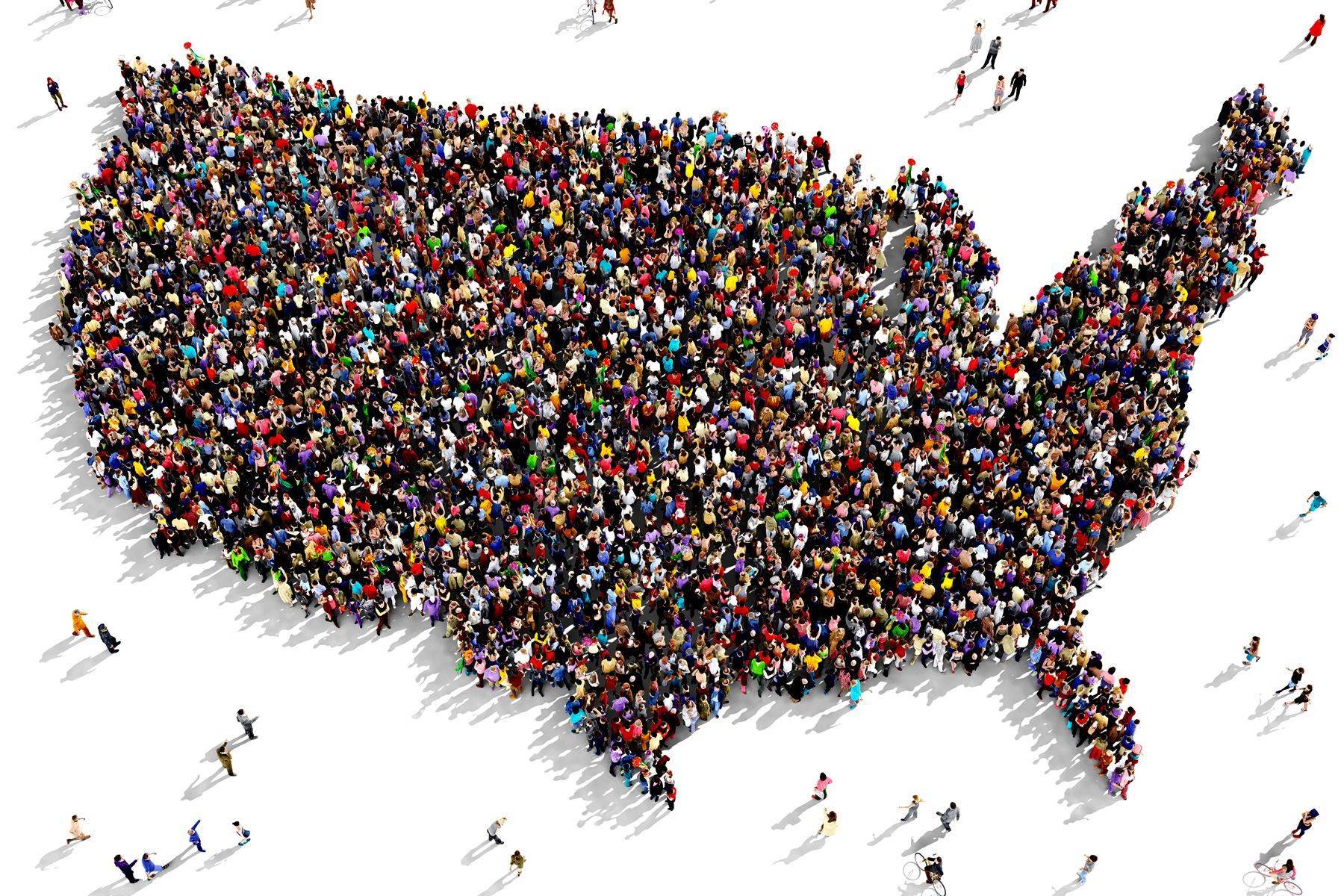
The 2016 presidential election has brought to the fore a number of political and cultural issues that scholars in the MIT School of Humanities, Arts, and Social Sciences (SHASS) think deeply about as part of their daily research. Here, 12 faculty members offer their perspectives on topics ranging from economic security to climate change to gender bias to the state of the U.S. electoral system itself. Follow links in each section for further discussion.
On campaign discourse:
“The United States has a history of unseemly bursts of crude and deceitful campaign rhetoric, beginning with outrageous slander slung between John Adams and Thomas Jefferson in 1800. Nonetheless, the sense that this year’s election rhetoric is different than usual is well founded.” —Edward Schiappa, the John E. Burchard Professor of the Humanities Read more >>
On the integrity of U.S. elections:
“The current election administration system continues to stand in need of improvement. However, intimations that it is fundamentally corrupt and rigged against one candidate or the other are not only false, but needlessly undermine the legitimacy of those who are elected to office.” —Charles Stewart III, the Kenan Sahin Distinguished Professor of Political Science Read more >>
On political rhetoric and outsider candidates:
“What is unusual is not the existence of outsider candidates but, rather, for such candidates to succeed, or at least to succeed at high levels. What successful outsider candidates do achieve is typically dependent on the use of populist rhetoric that draws heavily on language referencing insider/outsider status, notions of victimization, and a heavy-handed dosage of ‘common sense’ and anti-intellectualism.” —Heather Hendershot, professor of comparative media Read more >>
On sexism and gender bias:
“As long as ‘being presidential’ and ‘looking presidential’ are about being and looking masculine, we will be unable to address what is ripping us apart as a country. Arguably, the androcentrism of our political system eclipses Clinton’s hard-won accomplishments and her vision of America’s strengths, and places undue weight on Trump’s particular form of masculinity. This form of sexism is dangerous for the well-being of our republic.” —Sally Haslanger, the Ford Professor of Philosophy Read more >>
On racial bias:
“There’s evidence that government is less responsive to people of color … that election officials are less likely to respond to informational questions about voting eligibility when they’re sent from Hispanic-sounding names than when they’re sent by non-Hispanic white names. These officials didn’t respond rudely to Hispanic questioners; they simply didn’t write back as often and didn’t answer their questions as well.” —Ariel White, assistant professor of political science Read more >>
On election polls:
“It’s election season and the polls are coming fast and furious. Given this blizzard of sometimes contradictory information, how can we make sense of the presidential race? First, don’t be distracted by any single poll. The media tend to highlight polls that are surprising — those that paint a different picture of the state of the race than the pack of the others. Resist this tendency.” —Adam Berinsky, professor of political science Read more >>
On the economic impacts of climate change:
“This increase in average temperature translates into many more extremely hot days. These matter, even in the U.S.: Researchers have found that the increased number of extremely hot days leads to lower agricultural yields, lower economic activity in industries exposed to outdoor temperatures, such as construction and mining, and even to increased mortality. Sorting out the optimal response to these effects is complex, but a prerequisite for doing so is acknowledging that climate change is real.” —Benjamin Olken, professor of economics Read more >>
On immigration and terrorism:
“Several studies — including one just released by the National Academy of Sciences — demonstrate that immigrants of all kinds boost the U.S. economy overall and hurt few if any native-born Americans. So, what really mobilizes anti-immigrant attitudes?” —John Tirman, executive director and principal research scientist at the Center for International Studies Read more >>
On health care:
“The 2016 election offers voters a stark contrast on health care. Who should get health insurance coverage in the future, and how should it be funded? The stakes are large — both for the nation, as health care accounts for one-sixth of economic activity in the United States, and for individuals, as affordable access to health care is an important factor in financial security and quality of life.” —Andrea Campbell, the Arthur and Ruth Sloan Professor of Political Science Read more >>
On criminal justice reform:
“[W]hile many minority voters are deeply concerned about criminal justice issues, they are also invested in the direction of education, housing, employment, foreign, and other policies. And therein lies an important point about criminal justice reform itself: Inequalities in the distribution of both crime and punishment are likely to persist so long as inequalities in these other spheres of life continue to be seen as acceptable or inevitable costs of the free-market system.” —Malick Ghachem, associate professor of history Read more >>
On jobs and economic security:
“Enacted in 1975 and enlarged by both Republican and Democratic administrations, the Earned Income Tax Credit (EITC) is among the nation’s most significant tools for reducing poverty and encouraging people to enter the workforce. One of the most promising policies for assisting non-college workers is expanding EITC to cover childless workers and non-custodial parents.” —David Autor, the Ford Professor of Economics Read more >>
On the “Putinization” of politics:
“The ‘Putinization’ of American elections is the creation of a reality-TV-style of campaigning based on machismo, a loss of authenticity, and a failure to acknowledge the importance of institutions, laws, and solid economic policies designed to increase the general welfare of the nation.” —Elizabeth Wood, professor of history Read more >>







